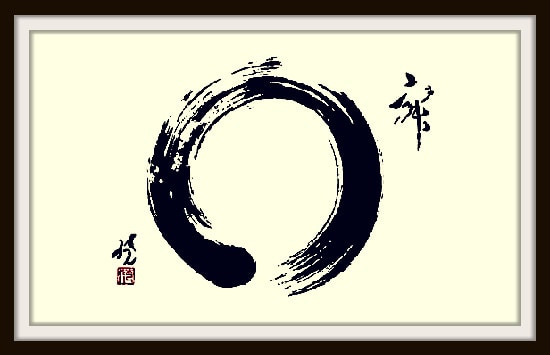
Humans cannot tolerate inactivity.
You know this is true. Taking action is always virtuous. Inaction is seen to be weak, lazy and uninitiated. After all, it’s better to do something and fail, than not to do anything, right?
According to Thomas Edison, “The perils of overwork are slight compared with the dangers of inaction.” C.F.W. Walther once said, “Inactivity is the beginning of all vice.”
Despite the bad rap that inaction has gotten, it’s widely known that “action bias” is, indeed, a real phenomenon, and a major cognitive flaw present in most people.
To put simply, Action Bias is the tendency to act even when it’s not known if an action would result in a positive outcome.
In our caveman days, having a bias towards action is not only desirable, but it’s essential for self-preservation. When you are in constant danger of getting mauled by a lion, you don’t have the luxury of contemplation. Quick reaction is quite often the difference between survival and a certain death.
Fast forward to the modern times:
We are no longer in situations where threats are omnipresent. However, our lizard brain is still wired to scan for dangers in our environment constantly, prompting quick action needed for survival.
Action bias, in modern times, can indeed be harmful. While decisiveness and quick action may have its place, sometimes, the best thing to do is to sit back and let things unfold by themselves. This is especially so when circumstances are murky and conditions are doubtful.
How many times have you acted too quickly only to make things worse? (I know I have done that… a lot.) Often, letting a situation play out all by itself is the best thing to do.
Wu Wei (“Non-doing”)
In Taoism, there’s a concept known as Wu Wei (“non-doing” in Chinese, or 無爲). I have found it to be a great antidote to Action Bias.
Wu Wei goes beyond avoiding action. I see it as “strategic passivity”. If taking action is about the aggressive exertion of will onto a situation, then Wu Wei is the opposite – a passive, oblique approach that blends action into the situation itself. The former is about “fixing” a situation where the action changes the outcome of the situation (for good, or for bad). The latter is more about adaptability; non-action is a valid option if the situation warrants it.
Of course, Wu Wei can be seen as an excuse for laziness, escapism and apathy. Indeed, in many cases, we should take bold action and tackle our problems head-on. However, the oblique nature of Wu Wei may well be the most effective – manoeuvring lightly along can be more productive than willful, frantic exertion which could bring more harm than good.